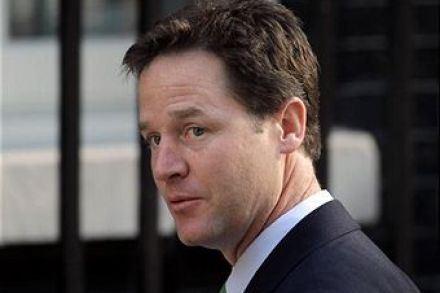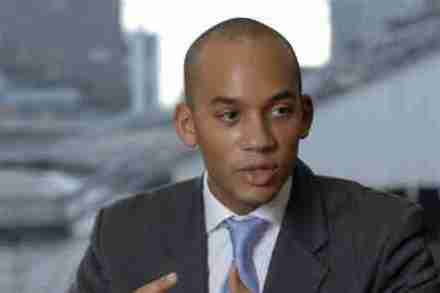Clegg’s revolution
At last, Nick Clegg got his chance to pretend to be PM today and he used it to give a dazzling impression of Gordon Brown. Opposing him, Jack Straw was off-colour. Hoarse of throat and hunched of stance, he did his best to bring some clarity to Britain’s new mission in Afghan – Operation Leg It. He asked if the exit date of 2014 was ‘absolute or conditional’. Keen to offer value for money Clegg responded to a single question with two answers. He expected ‘no troops in a combat role’ by 2015 – not 2014 – although our departure was dependent on the Afghans’s ability to secure their own















